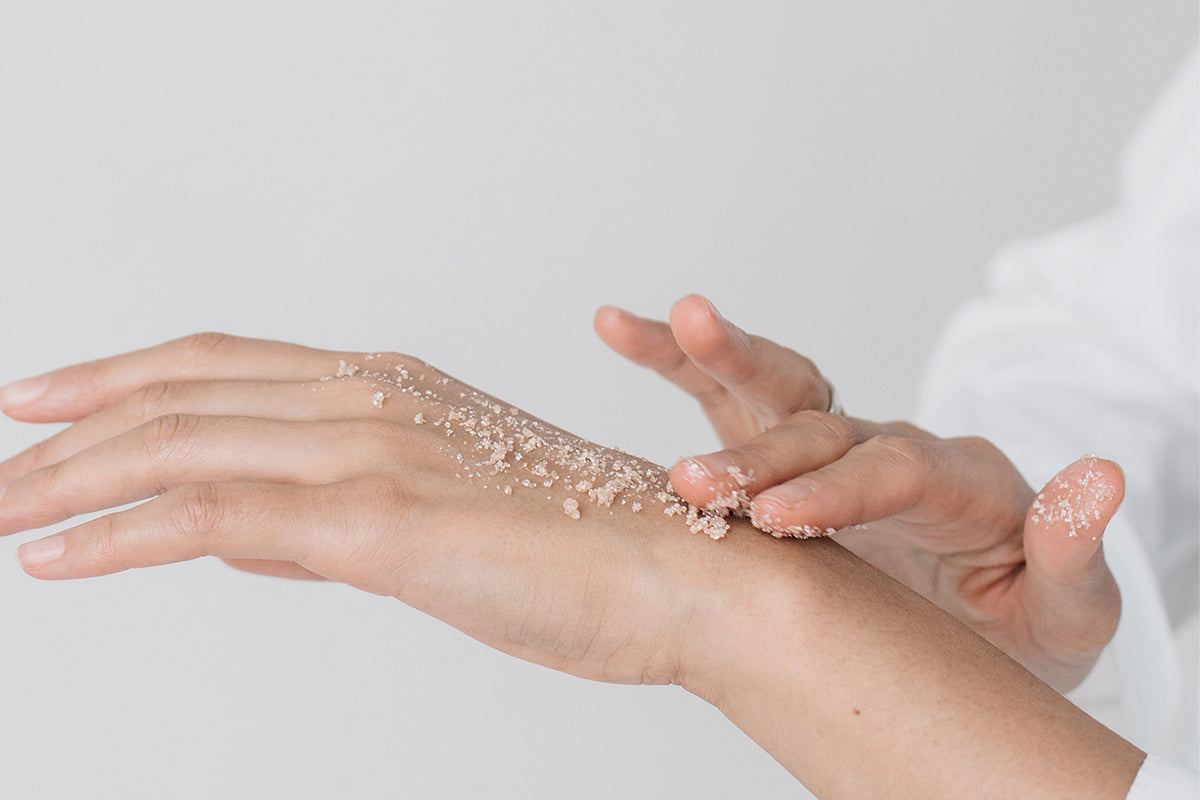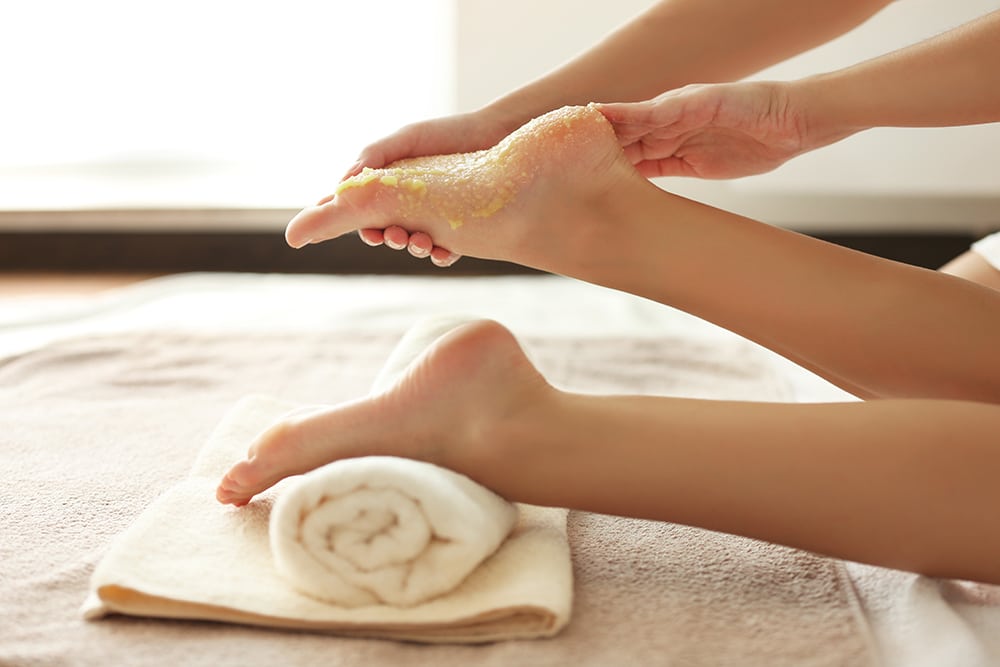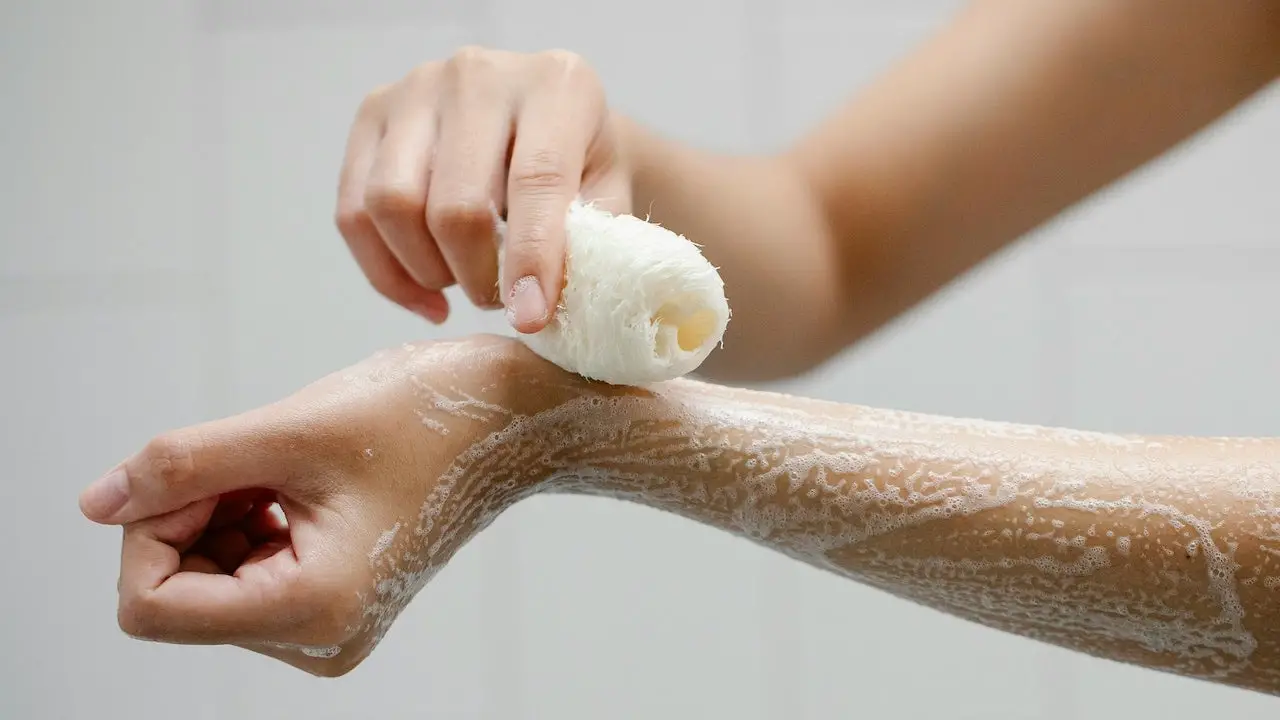Is Exfoliating Body Wash Good for Combination Skin? Find Out!
For skincare lovers and professionals alike, grasping the subtleties of different skin types is key. A frequent question that crops up is whether an exfoliating body wash can benefit combination skin. In this article, well explore the pros and cons of using exfoliating body washes for this unique skin type and share some effective application tips.
Combination skin, which has both oily and dry patches, can be tricky to manage. Finding a skincare product that addresses these contrasting areas can feel overwhelming. This brings us to the important question: 'Is exfoliating body wash good for combination skin?'

Understanding Combination Skin
Before we jump into the benefits of exfoliating body washes, it's important to define what combination skin is. Typically, this skin type showcases an oily T-zone (forehead, nose, chin) alongside drier or normal areas on the cheeks. This dual nature calls for a customized skincare strategy.
When professionals recommend products, they begin by evaluating the individual's skin type. Understanding this is essential for effective skincare solutions, as noted by Clarins.
Benefits of Using Exfoliating Body Wash
Incorporating an exfoliating body wash into your routine can bring several advantages for combination skin:
1. Balancing Oil Production
Exfoliation effectively removes excess oil and clears clogged pores, especially in the oily T-zone, helping to prevent breakouts and promote a balanced complexion.
2. Removing Dead Skin Cells
Gentle exfoliation sweeps away dead skin cells, revealing fresher, more luminous skin. For combination skin, this means addressing dry patches while keeping oiliness in check.
3. Enhancing Product Absorption
By eliminating the barrier of dead skin, exfoliating body washes improve the absorption of subsequent skincare products, which is especially beneficial for combination skin, allowing for targeted treatments.
Potential Concerns and Precautions
While the benefits are great, there are a few potential drawbacks to consider when using exfoliating body washes for combination skin:
1. Over-Exfoliation
Too much exfoliation can strip the skin of natural oils, leading to increased dryness and irritation. Professionals typically recommend exfoliating 2-3 times a week to avoid this issue.
2. Choosing the Right Product
Not every exfoliating body wash is made the same. Opt for products containing gentle exfoliants like jojoba beads or fruit enzymes, as harsh scrubs can worsen sensitivity and dryness.
For more tips on selecting the right exfoliating body wash, check out this article.
Application Techniques for Optimal Results
To get the most out of an exfoliating body wash, consider the following application techniques:
1. Patch Testing
Before applying it all over, do a patch test on a small area to ensure that your skin reacts well.
2. Gentle Circular Motions
While applying the body wash, use soft circular motions to prevent irritation. Focus on areas that tend to be oilier or drier.
3. Follow with Hydration
After exfoliating, always apply a hydrating lotion or cream to lock in moisture and maintain a healthy skin balance. This is especially vital for those with combination skin, which can easily become dehydrated.
Expert Insights
It's crucial for skincare professionals to stay updated on the latest trends and research. Valuable insights into exfoliation techniques and frequencies can be found on Skincare.com.

FAQs
1. How often should I use an exfoliating body wash on combination skin?
Its typically recommended to exfoliate 2-3 times a week to avoid overdoing it and maintain skin balance.
2. Can exfoliating body wash cause irritation?
Yes, if used too often or with harsh ingredients, it can lead to irritation. Always opt for gentle formulas and test a small patch first.
3. Should I follow up with a moisturizer?
Absolutely! Following up with a moisturizer is key to replenishing moisture and ensuring your skins natural barrier remains intact.
For more in-depth advice on exfoliating practices, KBL Cosmetics offers expert insights.
This article contains affiliate links. We may earn a commission at no extra cost to you.

